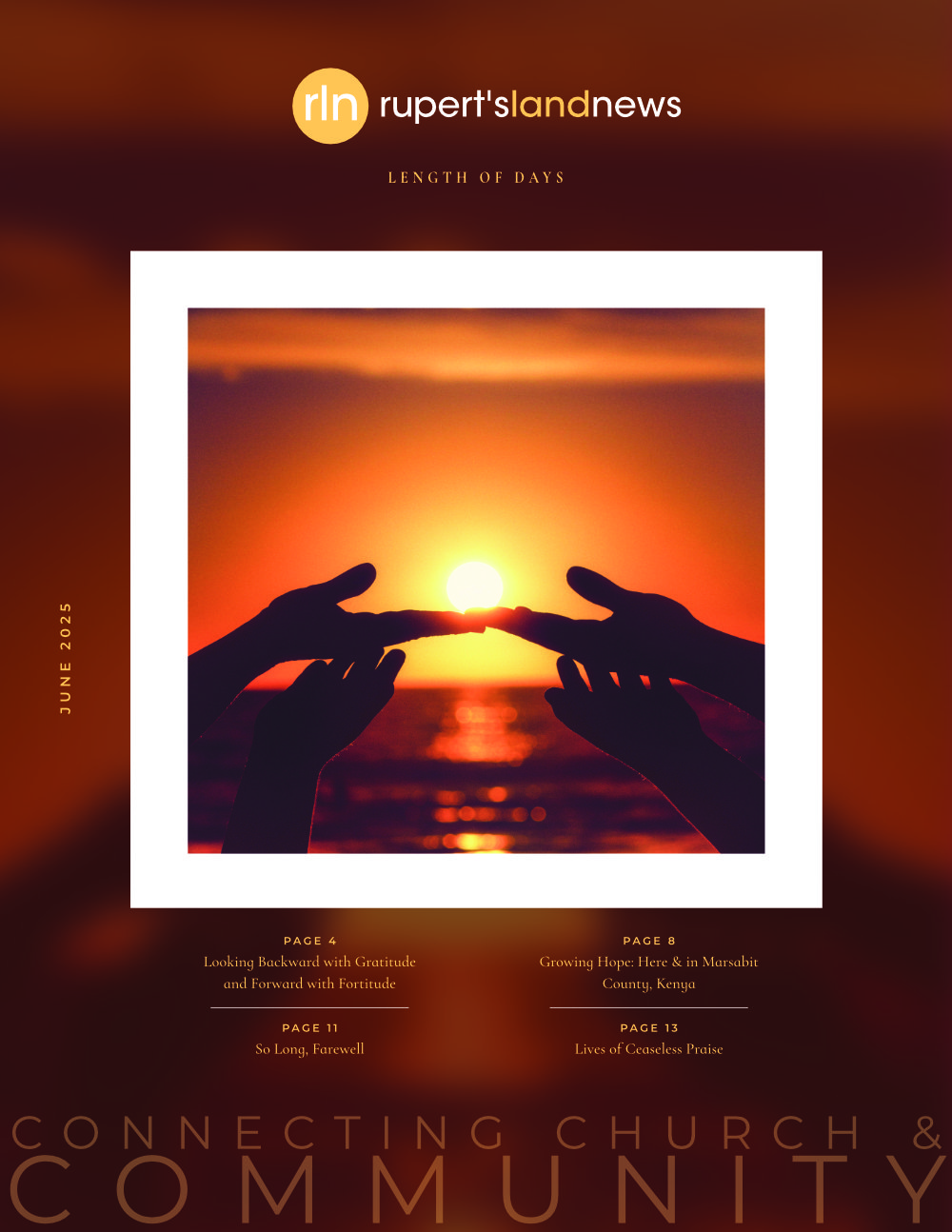
C. S. Lewis, the Great War, and an Unwitting Canadian Connection
It’s July 8, 1917. The Great War rages on the Continent and an 18-year-old C. S. Lewis settles into his new life at the University of Oxford. Studies are on hold, the school nearly empty. Most his peers are on the battlefield, many already dead. He himself will reach the











